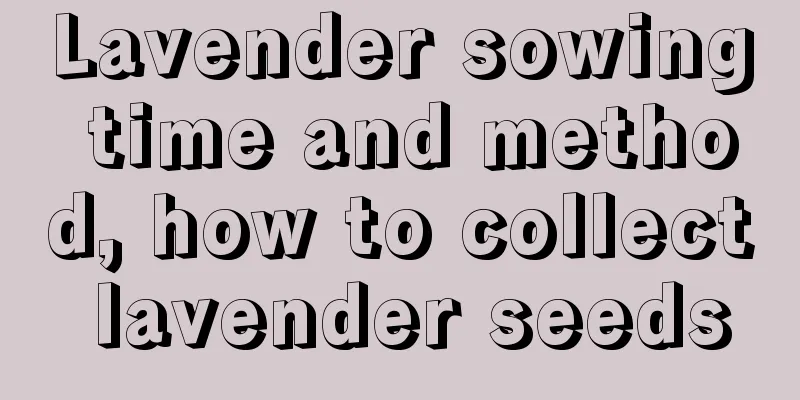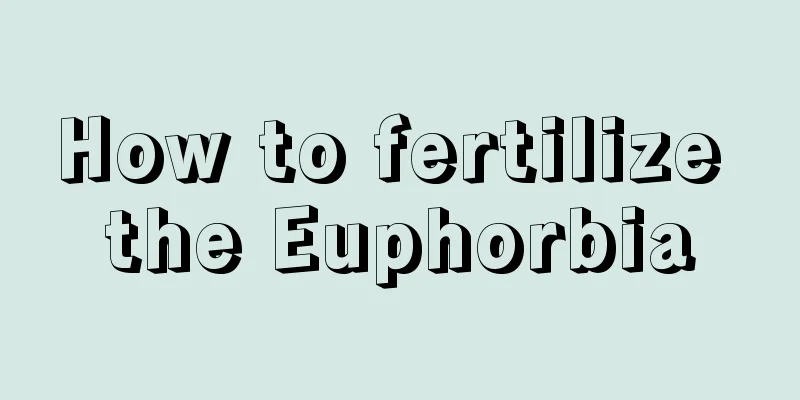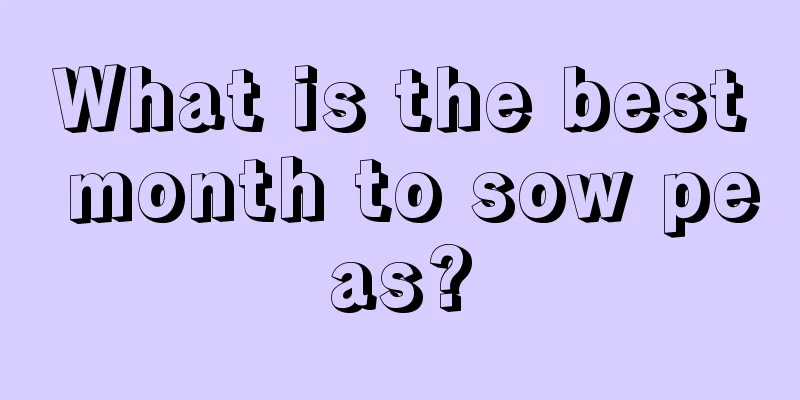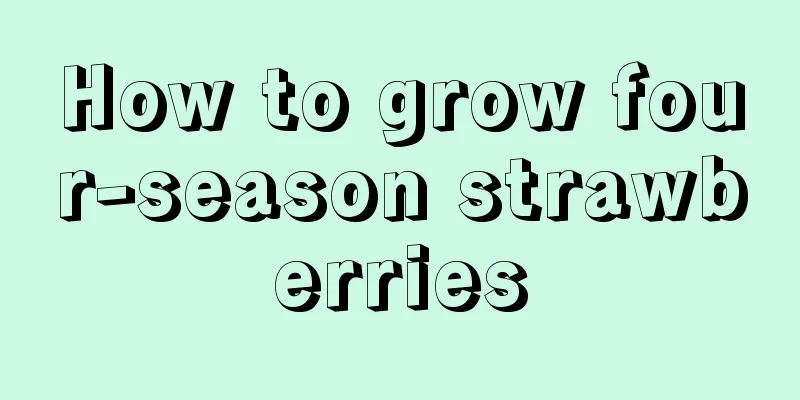The magical effect of potassium permanganate in chicken farming
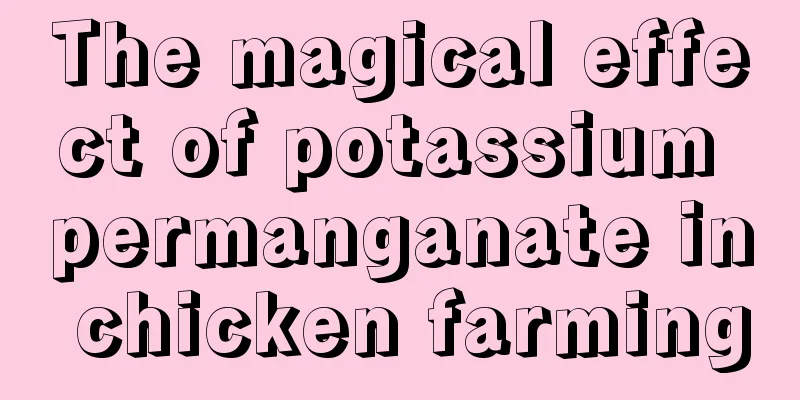
|
Potassium permanganate is a black-purple, slender, angular crystal that is odorless. I believe many farmers are familiar with potassium permanganate. It plays many roles in the chicken farming process. Let’s talk about the wonderful uses of potassium permanganate in chicken farming. 1. Drinking water disinfection The effect of disinfection is very significant. Potassium permanganate solution with a concentration of 0.01%~0.02% can be used to disinfect the drinking water of chicks. It should be changed 2~3 times a day, used for 2 consecutive days, stopped for 2 days, and then used for 2 days again. It can not only promote the excretion of meconium, but also prevent pullorum, coccidiosis, etc., to achieve the purpose of disinfection. 2. Feed disinfection The green feed eaten by chickens can be disinfected with 0.1% potassium permanganate water to effectively prevent the occurrence of diseases such as coccidiosis, ascariasis and diarrhea. 3. Disinfection of chicken houses and chicken farming equipment Disinfecting chicken houses and chicken farming equipment with potassium permanganate can kill most parasite eggs. Place all equipment, items and bedding together in the brooder house, close the doors and windows, and fumigate and disinfect for 20 to 30 minutes using 75 ml of formalin and 45 g of potassium permanganate per cubic meter of space. The disinfection time for chicken houses, warehouses, brooders and hatcheries can be extended to 10 to 12 hours. After disinfection, open doors and windows for ventilation. 4. It has a detoxifying effect When chickens are poisoned by accidentally ingesting the rodenticide zinc phosphide, they can be given 0.1% potassium permanganate solution, 5 to 20 ml per chicken, to oxidize and decompose the rodenticide that has not been absorbed in the digestive tract. 5. Prevent infection Using 0.05-0.2% potassium permanganate solution to rinse the peck wounds, puncture wounds, ulcers and fowl pox wounds on the chicken's body surface can promote healing and prevent infection. 6. Control the occurrence of diseases ① Use 0.01-0.02% potassium permanganate solution and give it to chicks that have just hatched for 3 days once a day to prevent and treat white diarrhea. ② In the rainy season, when chickens drink more dirty water, drinking it twice a day can prevent gastroenteritis; normally, chickens drink it 1-2 times a week, which has anti-inflammatory and digestive effects. ③ During the epidemic period of infectious coryza in chickens, giving chickens 0.01-0.02% potassium permanganate water to drink can control the spread within the flock. ④ When broilers suffer from manganese deficiency, drinking 0.01-0.02% potassium permanganate water twice a day can alleviate the condition. ⑤ When free-range chickens suffer from severe necrotic enteritis, drinking water at a ratio of 0.04% per day can effectively alleviate the condition. That’s it |
<<: How to change the pot of the newly bought lilac, how to grow lilac
>>: How to grow potted lilacs? Do lilacs need to be pruned?
Recommend
Is it okay not to repot the green radish?
1. Is it possible? When caring for green radish, ...
What kind of fertilizer is good for roses (base fertilizer application method)
The role of rose base fertilizer When planting ro...
Are cherry tomatoes a fruit or a vegetable?
Are cherry tomatoes fruits or vegetables? Small t...
When to plant carrots
Carrots are popular for their excellent adaptabil...
How to treat tomato wilt
1. Symptoms of the disease Fusarium wilt often oc...
The flower language and symbolic meaning of peony
Flower Language Its flower language is "welc...
Advantages and Disadvantages of Blue Sky Rose
The blue sky rose is a shrub rose, but its branch...
Flowers represented by the four beauties
Wang Zhaojun: Camellia Zhaojun Goes to the Fronti...
How to make Fraxinus chinensis bonsai
1. Cultivation To make bonsai, you can use the st...
How long does it take for the fortune tree to sprout after being beheaded?
1. How long does it take to germinate? After prun...
What is the best month to plant roses?
Which month is suitable for planting roses? Roses...
Lantern flower cultivation methods and precautions
1. Breeding methods 1. Soil: It is more suitable ...
Planting and management of netted melon
1. Planting time Netted melon can be cultivated i...
The latest high-yield cultivation technology of lettuce
Lettuce, also known as celery, is widely grown in...
Where do walnuts grow?
The walnut is covered with a thick green skin. Be...


